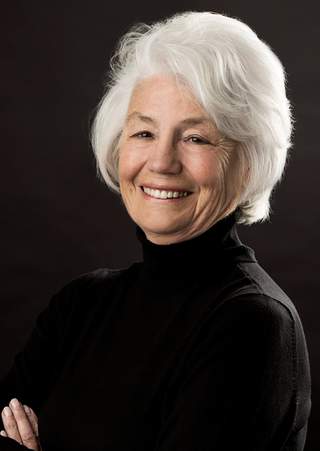The Canberra Times
This week, President Barack Obama will begin making what White House officials are calling the ''closing arguments'' on why the Congress must urgently move to enact health-care reform, focusing on steep increases in insurance premiums and an insistence that a comprehensive overhaul is needed rather than the incremental approach Republicans are demanding.
In his weekly media address last weekend, the President set a new deadline for action, stating that he's asked leaders in both of Houses of Congress to finish their work and schedule a vote in the next few weeks. Later, White House spokesman Robert Gibbs was more specific, saying the president wants the Bills passed by both houses before he leaves the country on March 18 for his trip to Indonesia and Australia.
That timetable may not be met in full. The House leadership is preparing for a vote on the Senate Bill, quickly followed by a vote on the reconciliation Bill that will effect the President's proposed compromises, on March 17 or 18. But the Senate will still need to vote on the reconciliation Bill, and in the absence of firm prior agreements and strict controls over process, any amendments added on the Senate floor could set up a ping-pong process that will add days or weeks to the time for a Bill to land on the President's desk for signing.
The scramble is on to get the votes needed for passage: reconciliation means that only a simple majority is needed in the Senate, but the House Speaker, Nancy Pelosi, will need all her formidable skills to marshal the 216 votes needed in the House. The hope is that anyone tempted to drop their previous support for the Bill recognises that this will be seen as a flip-flop stance that will draw no votes in the mid-term elections.
Despite the White House summit on health-care reform and Obama's inclusion of Republican proposals from the summit in his plan, health-care reform will almost certainly be enacted without a single Republican vote.
The conservatives are in full rallying cry on why health-care reform must be stopped. They are ignoring the assessments of the independent Congressional Budget Office that the Bill costs around $950 billion, is fully paid for, and will in fact help reduce the deficit, and are now using their own calculations to claim that the Bill involves $2.5 trillion in new spending.
Their mantra is that it will increase taxes, cut Medicare, and represents a government takeover of health care. Their confected rage at the use of the reconciliation process ignores the fact that this is precisely how president George W.Bush got his tax cuts passed measures which have added $2 trillion to the federal debt.
Obama's efforts to drive passage of this key election promise must take place against the backdrop of an economy and employment that is struggling to emerge from a deep recession. That's why he so often refers to the rising cost of health insurance and the industry practice of dropping those who need care. These consumer protections test well in opinion polls. He has also revived his criticism of the United States' political culture, something he promised to change during his 2008 campaign. His efforts have been rebuffed at every opportunity by a Republican party that ultimately wants less not more government intervention in the health sector. Republicans who might once have been willing to engage in bipartisan efforts are now intimidated by the Tea Party ultra-conservatives into doing nothing.
For Australians anxious to see Obama and his family Down Under including surely the Prime Minister and his government the chances of that happening look increasingly iffy. It would be quite difficult for the President to cancel his trip to Indonesia, the political ramifications of that are significant.
But telling an understanding ally like Australia that issues with health-care reforms back in Washington require that a planned visit is rescheduled is an easier matter. Such news should be received with considerable understanding by a Prime Minister just beginning his slog to sell health care reforms prior to an election campaign.
Dr Russell is the Menzies Foundation Fellow at the Menzies Centre for Health Policy, University of Sydney/Australian National University, and a Research Associate at the US Studies Centre, University of Sydney. She is currently a Visiting Fellow at the Center for American Progress, Washington DC.





